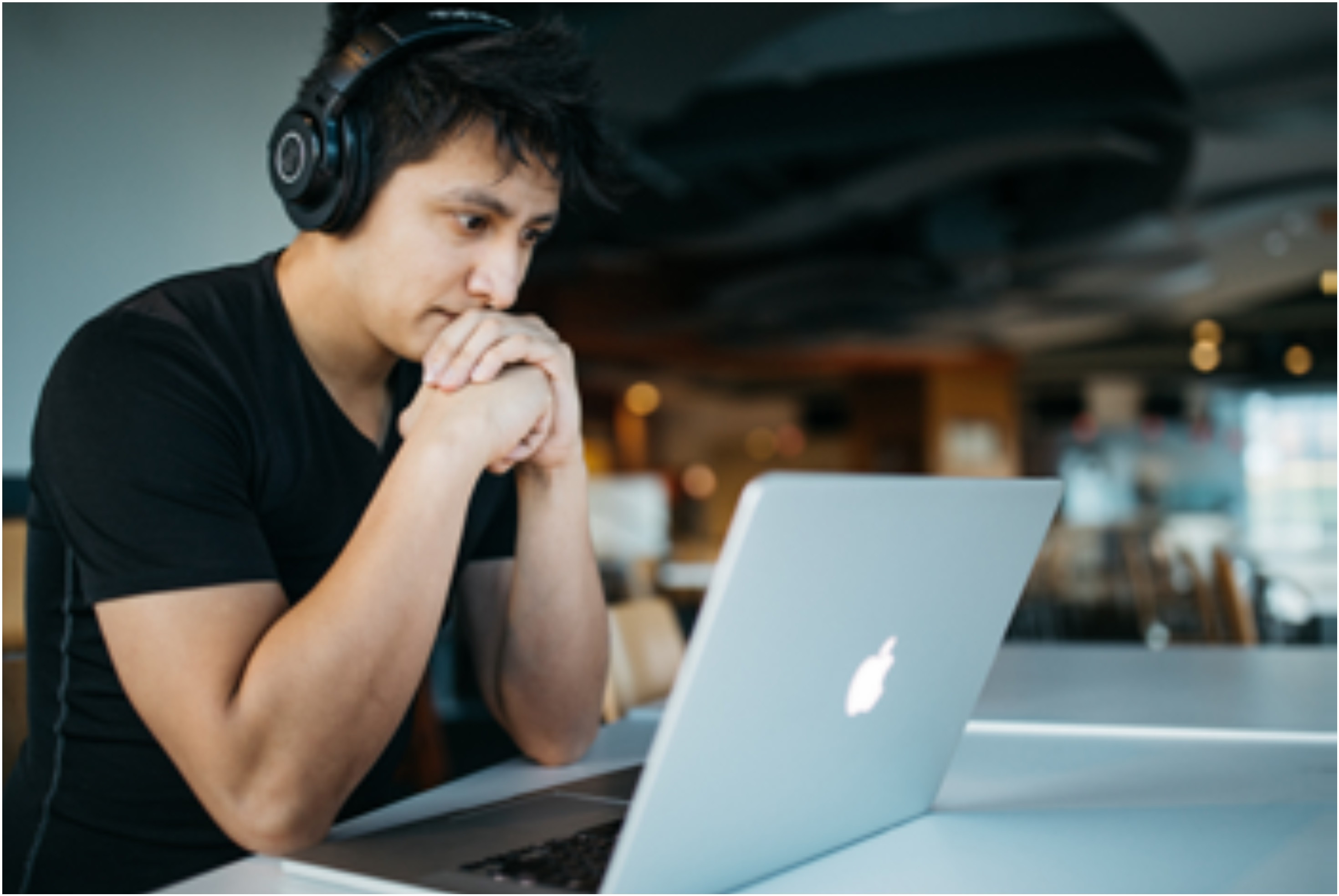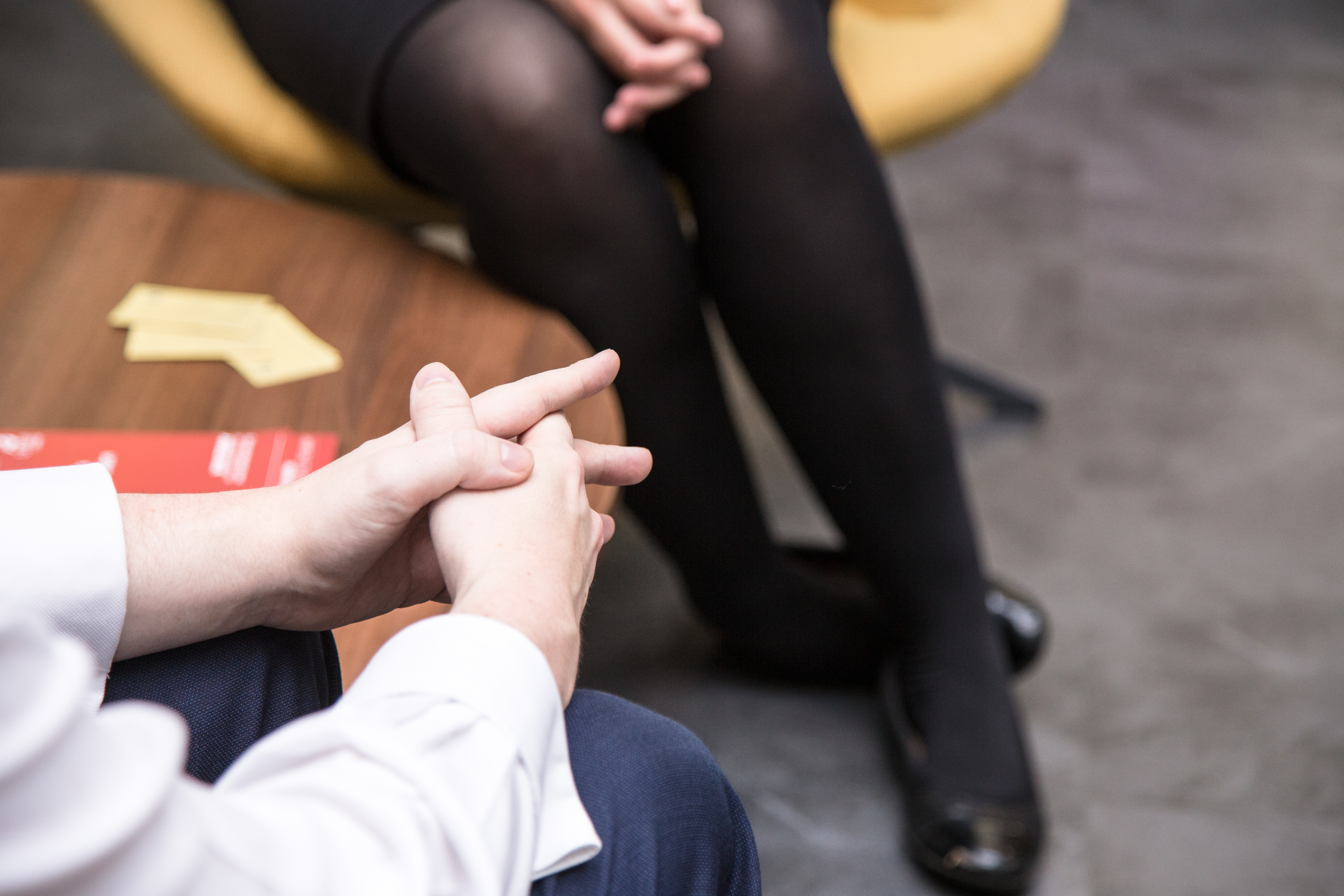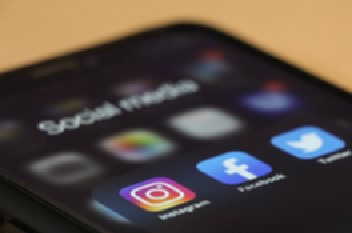Following advice from the NHS and Public Health England is the best way to avoid exposure to coronavirus or look after yourself or others if unwell. However, it’s also important that you do things to keep looking after yourself generally: physically, mentally, and socially. It can be challenging to do this while unable to leave home, but by doing so, you can help minimise the negative impacts of changes to your everyday life. Keeping to your normal routine as much as possible is helpful, as well as following the Five Ways to Wellbeing which provide tips to look after yourself, no matter what the situation.

Stay Active
Exercise is great for both your physical and mental health. It’s a self-esteem booster, and also boosts your mood. Being active when you are unable to go out can be tricky, so you may want to take the opportunity to try something new. Why not try an online yoga class, or try the NHS strength training videos? If you are able, get out once a day for some exercise and fresh air. Visit our page on physical activity during the pandemic page for more information.

Keep Learning
Learning a new skill is another great self-esteem booster, and can give you a real sense of purpose. Taking the time to try something you’ve always been interested in is an excellent way to boost your wellbeing. And if you want to learn more about an outdoors activity but are stuck inside, you can do some research so that you’re ready to get started once you can return to normal life. Why not take the opportunity to explore some completely new ideas, like learning how to cook some healthy new recipes? Keeping occupied and doing things you enjoy are important ways to stay resilient throughout this time.

Stay Connected
Social connections are important for our wellbeing as they help you feel like you belong, and give you a support network for when life feels hard. Prioritising spending time with friends and family and meeting new people are all great things to do, but when you are in isolation, you’ll need to be more creative about how you stay in touch. This is when technology can be particularly helpful – texts, emails, phone calls, and video calls all can help you feel connected with the people in your life. If you want to connect with new people online, the NHS has a list of approved online community apps to choose from.

Give to Others
Showing kindness and helping others helps increase your sense of self-worth, and helps you connect with new people. Volunteering your time, helping an elderly relative or neighbour, or simply remembering to show your appreciation to others all help. If you can’t physically help people because you are in self-isolation, you can help others in different ways. You can offer a listening ear to a friend in need of some support, or arrange an online grocery shop for someone who is unable to get out of the house. Things like this will help you feel connected to others too.

Be Present in the Moment
With so much happening in the news, it’s easy to become distracted or caught up with worries. Staying in the moment, or being mindful, helps protect your wellbeing and positively changes the way you deal with life’s challenges. Paying attention to the sensations we experience through sight, sound, smell, touch, and taste, can help us enjoy the present moment. It is also helpful to have awareness of our thoughts and feelings as this helps us notice and change unhelpful patterns. If you’re new to mindfulness, the NHS has some helpful tips to get started, and you can also lean more on our mindfulness page.

Sleep
A dramatic change to normal life and additional anxiety can make it very hard to maintain a normal sleep pattern. However, this is a crucial part of staying well. It makes a huge difference to how we feel physically and mentally. If you’re struggling to sleep well, try the NHS’s One You sleep tips.

Manage Exposure to the News and Social Media
It’s useful to stay up to date with information shared on the news, and social media is a great way to stay connected with friends when you can’t see them in person. However, spending too much time on either of these can have a negative impact on your wellbeing. Social media in particular can spread unhelpful information as there are so many people posting across the world. It may be helpful to limit the amount of time you spend watching the news, and on news and social media sites, and spend time focusing on things that are completely unrelated.

Tips for Managing Exposure to the News and Social Media
Identify reliable sources of information and only use these for updates about coronavirus. Set yourself limit of how many times you will check these sources, like checking GOV.UK for updates once a day
• Turn off notifications for news and social media apps
• Consider moving those apps away from your home screen to a different location on your phone
• Make time to do something completely different, ideally away from screens, such as reading a book or doing some cooking.

Managing Difficult Feelings
Feeling worried about the current situation is perfectly normal, but if you find that your anxious thoughts are becoming particularly intense, then there are things you can do to help yourself. The NHS has guidance on managing difficult feelings, and talking to others really helps too. Talking to friends or family is a great place to start, and remember, the Employee Assistance Programme is there for you 24/7, for support and advice.

Avoid Alcohol and Drugs
Some people turn to alcohol or other substances when worried, upset, or bored. However, doing so can really affect your health, disrupt your sleep, and even lead to financial or relationship problems. If you’re concerned about the impact they are having on your life, why not visits the alcohol or drugs on this website?